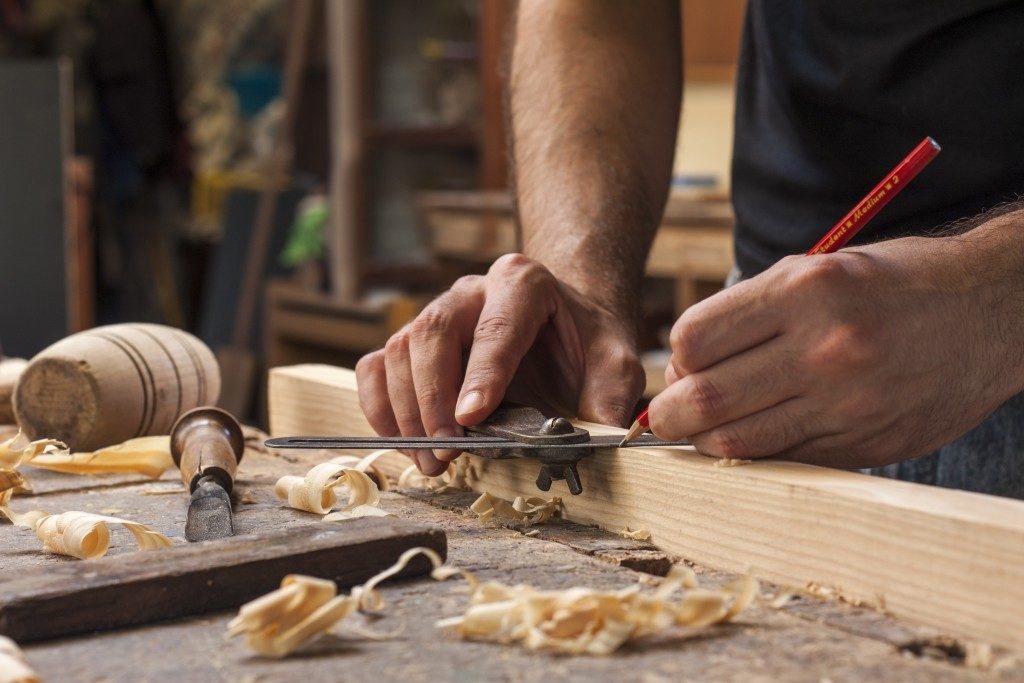A machine shop or workshop at home has several functions whether it is for a small business or a personal hobby. Having a workshop at home can be an ideal arrangement, especially for those who love to do their own repairs and tinker with things.
While setting up a home workshop can be an exciting job, it can also be confusing. There are so many tools and equipment that you would wish for your workshop, but they might not fit inside. Smaller power tools, as well as multi-purpose and compact tool sets, are your best options here. But if you are thinking of starting a business, individual machines are your best choices.
Here are the things you must not forget to consider when setting up a workshop at home.
Purpose of the Workshop
Will the workshop be serving your hobby or will you be using it for business? Home hobbyists can get a multi-purpose and versatile machine for various projects and tasks. But those who intend to start a home business would want a shop with three basic machines for the potential jobs. These are the milling machine, drill press and lathe. A small drill press can be mounted on a workbench and work wonders for both the hobbyist and the small business worker.
Area of the Workshop

Before buying tools left and right, consider how much floor space you have in the workshop. A small workshop may be able to accommodate a multi-purpose machine. But if the area is spacious, different machines can be set up individually. Depending on the jobs that need to be done, machine sizes can differ as well.
The storage cabinets and shelves must also be planned accordingly to make the most of the workshop area. There should be space to keep loose tools such as screwdrivers, wrenches, nuts, bolts, screws and other knick knacks in the workshop. You should keep tools and machines with sharp and pointed blades out of children’s reach to avoid any accidents. You should also have personal protective gear that you should wear when working in the workshop.
Budget for the Workshop
The last factor is the budget available for setting up a workshop. It is wise to check out different stores and even compare prices online for the best deals on tool sets, small and versatile machines and other necessities. Buying second-hand can be an option as long as they are still of great quality and condition.
On the other hand, avoid second-hand mills, as they are the ones that are always used in workshops. These may be sold for a very low price, but most will be well worn out. They can be unreliable and provide inaccurate work so it will just be a wasted investment.
Choose tools, equipment and gear that come with high quality and follow specific standards. Avoid those with very low prices but are of dubious quality and are not certified to ensure that everything in the workshop works well. Safety should be your foremost priority.

